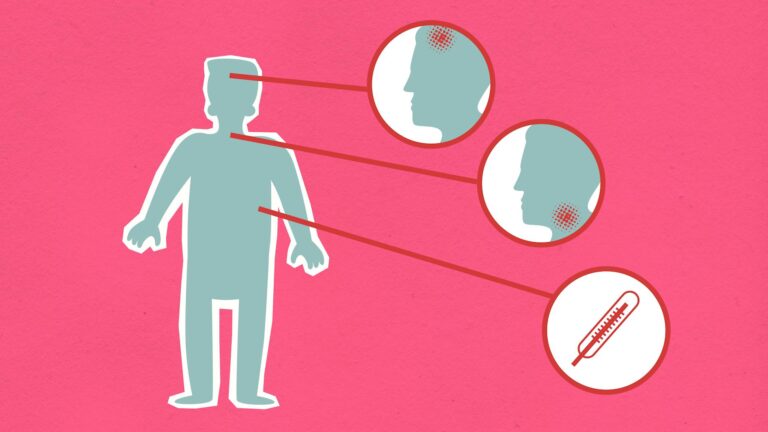Water is a vital component for our body’s overall health and functionality. It helps regulate body temperature, aids in digestion, and keeps our organs functioning properly. But did you know that water also plays a key role in Alzheimer’s prevention? That’s right, staying hydrated can be beneficial in reducing the risk of developing this debilitating disease.
Alzheimer’s disease is a progressive brain disorder that affects memory, thinking, and behavior. It is the most common form of dementia, accounting for 60-80% of cases. Currently, there is no known cure for Alzheimer’s, making prevention even more critical.
One of the main factors that contribute to the development of Alzheimer’s is the buildup of amyloid plaques in the brain. These plaques are formed by the accumulation of a protein called beta-amyloid, which clumps together and interferes with brain cell communication. As a result, the brain cells eventually die, leading to memory loss and cognitive decline.
So how does water play a role in preventing the formation of these harmful plaques? Let’s take a closer look.
Hydration and Brain Health
Our brain is made up of 73% water, making it the most water-dependent organ in our body. Adequate hydration is crucial for maintaining proper brain function. When we are dehydrated, our brain cells shrink, and our brain tissue loses water, resulting in impaired cognitive function. This can manifest as difficulty concentrating, fatigue, and even mood changes.
Research has shown that even mild dehydration can have a negative impact on cognitive performance, especially in older adults who are already at a higher risk for Alzheimer’s disease. A study published in the Journal of Nutrition, Health & Aging found that mild dehydration affects short-term memory and attention in older adults.
On the other hand, staying hydrated has been shown to improve overall brain function. A study published in Frontiers in Aging Neuroscience found that drinking enough water can enhance cognitive performance, especially in tasks that require attention and working memory.
Proper Hydration and the Brain’s Waste Removal System
Another crucial aspect in Alzheimer’s prevention is the brain’s waste removal system. The brain has its own unique system for removing toxic waste, known as the glymphatic system. This system flushes out harmful toxins, including beta-amyloid, from the brain.
However, this waste removal system is dependent on the flow of cerebrospinal fluid, which is primarily made up of water. When we are dehydrated, the flow of this fluid is reduced, causing a buildup of toxins in the brain. Over time, this can lead to the formation of amyloid plaques.
Staying hydrated ensures that the glymphatic system is functioning properly, effectively flushing out toxins and reducing the risk of plaque formation.
Hydration and Blood Flow to the Brain
Water also plays a role in maintaining proper blood flow to the brain. Dehydration can cause blood vessels to constrict, reducing blood flow to the brain. This can impair brain function and increase the risk of developing Alzheimer’s disease.
On the other hand, drinking enough water can enhance blood flow to the brain, providing it with essential nutrients and oxygen. This helps keep brain cells healthy and functioning properly, reducing the risk of cognitive decline.
Other Ways to Stay Hydrated
Aside from drinking plain water, there are other ways to stay hydrated and reap the benefits for brain health. Consuming foods with high water content, such as fruits and vegetables, can also contribute to hydration. Cucumbers, watermelon, and strawberries are examples of fruits with high water content. Leafy greens like spinach and lettuce are also great sources of water.
Additionally, limiting intake of dehydrating beverages, such as alcohol and caffeine, can help maintain proper hydration levels. These drinks can cause our bodies to lose more water, leading to dehydration.
Incorporating Hydration into Daily Routine
Now that we understand the importance of hydration in Alzheimer’s prevention, it is crucial to make it a part of our daily routine. The Institute of Medicine recommends drinking eight 8-ounce glasses of water per day, which is equivalent to about 2 liters. However, this may vary depending on factors such as age, gender, and physical activity level.
To ensure proper hydration, it is helpful to carry a water bottle with you throughout the day and take sips frequently. Set reminders on your phone or use a water tracking app to help you stay on top of your hydration goals. You can also infuse your water with fruits or herbs for added flavor and nutrients.
In addition to drinking water, it is essential to maintain a healthy lifestyle overall. Eating a balanced diet, getting enough sleep, and staying physically active are all key factors in Alzheimer’s prevention.
Conclusion
In conclusion, staying hydrated is not only important for overall health but also plays a crucial role in Alzheimer’s prevention. Adequate hydration helps maintain brain function, facilitates the removal of harmful toxins, and improves blood flow to the brain. By incorporating simple habits like carrying a water bottle and setting reminders, we can ensure we are staying hydrated and potentially reduce our risk of developing this debilitating disease. So make sure to drink up and keep your brain healthy and hydrated!





